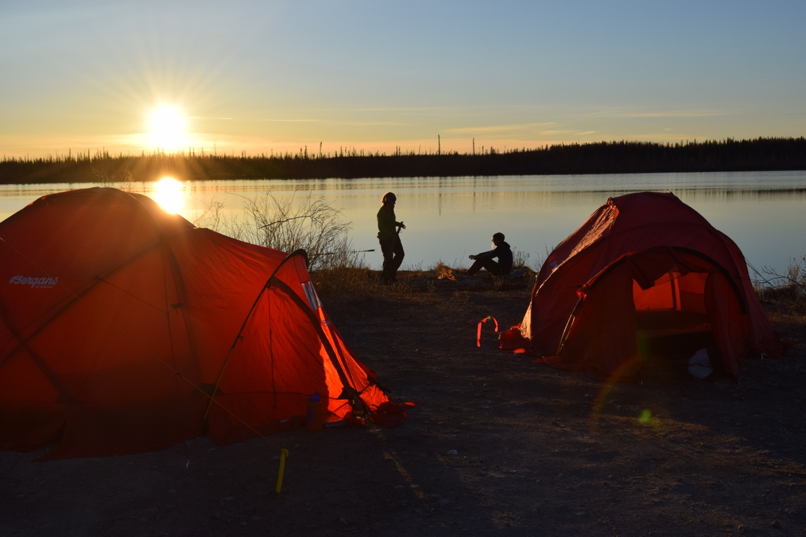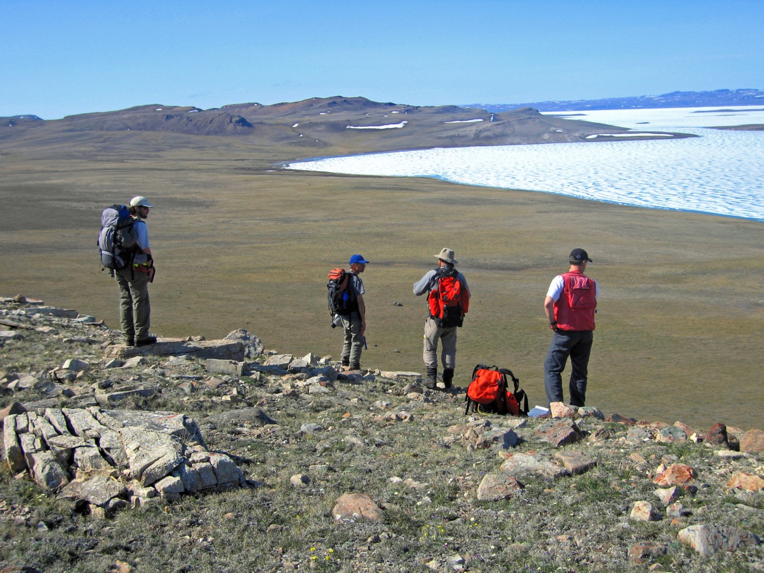During this Polar Week we wanted to highlight how scientists from across the globe are working together to conduct polar research and combat issues happening in polar regions that are affecting the entire globe. As APECS is a huge network of early career researchers from all over the world, we are keenly situated to speak about these subjects! We reached out to different APECS National Committees (NCs) to get their opinions on international collaboration from the perspective of their country. This blog is a compilation of 16 responses from Belgium, Canada, Germany, South Africa, and the US.
We asked the NCs to touch on what international collaborations their home countries contribute to so we can get a better feel for who is working together conducting research in the poles. Polar research has a long history in Germany, that goes back to the early 20th century. However, due to the fact that it is not a bordering country to the Arctic (Ocean) it has to rely on collaborations for the majority of research undertakings in the North. While there are no exceptions from the Arctic countries, working together with Norwegian, Canadian, Danish and Russian researchers has presumably the longest history. However, with its research vessel Polarstern and a number of research stations in both hemispheres, Germany is also able to provide platforms for foreign researchers. Canada receives visitors from all over the world to study the North. Some examples include German permafrost researchers, Scottish vegetation change researchers, Austrian social scientists, Australian small mammal researchers, and many more. Belgium does not have the opportunity to send large, ice-breaking research vessels to polar regions. Therefore, Belgian researchers frequently collaborate with other countries for field work - e.g. Germany (AWI), UK (BAS), and France (IPEV). South Africa does not collaborate internationally as a country at large, but they have Principal Investigators with worldwide collaborators.
South Africa is at the fore front of Polar Research for the African continent - that is a privilege and is not to be taken lightly. Though we face other challenges as compared to our other international colleagues, we can both learn from and add value to their communities and that is what we should strive for.
- APECS South Africa

A team of women conducting fieldwork in northern Canada.
International collaborations come with their own challenges, and we wanted to find out about some of the issues that come with conducting research internationally. There are things like language and cultural barriers, working with people in different time-zones, or different countries having different laboratory methods. Being conscious that words are full of meaning and that there could be strong beliefs and rituals associated with our area/subjects of study. It is important to assess whether a word used in the research you are conducting has a translation in the other languages and what cultural beliefs are associated with it. For example, the word "contaminant" does not have a translation in many indigenous languages, and one has to be very careful in how to explain what a contaminant is as it affects traditional foods that have high cultural value. If you are a scientist conducting research in a different country than where you living you need to deal with things like acquiring permits, transport of equipment, customs, calls during the night/early mornings due to time differences and sometimes the exchange of large data files.

A group of researchers conducting fieldwork in the High Arctic.
There were a couple of times my colleague only spoke French to me, sometimes even without English explanation even though his English is perfectly fluent. So I started replying him in Korean, sometimes in Chinese to make a point. Now we are best friends. Yes, we speak both French and English in our conversation now.
- APECS Belgium
As early career researchers today we are working in a world that is more globally connected than in the past, which presents unique triumphs and challenges. Today, there are more opportunities to travel around the world to share and discuss results and also to take professional studies in other parts of the world. We have worldwide and easy exchange of data and information, experiences and knowledge, whether it is through conferences or online communication like email or social media. Social media has radically changed the ability to communicate regardless of geographic location. For example, there is a huge Facebook membership across Canada's North! With InReach and satellite phone technology, even locations that used to be outside social media can be messaged or posted. With the right networking between friends on social media, we can now connect someone on an icebreaker in the Northwest Passage to a town hall in Vancouver or a classroom in Florida. This means that change doesn't have to only be seen or heard about by people with boots on the ground, but can be viewed and shared all over the world. And vice versa, people who live where there aren't universities or public talks on science can now be connected into and participate in the conversation. With the advanced of internet and technology, everything becomes way more efficient. In the past, it was so difficult to generate data.
One challenge we face as ECRs currently that was different in the past is that the global market has made finding jobs slightly harder. We are now competing against every person in your field globally for jobs, postdocs, or research grants. Bursaries also are not as plentiful or sizeable as they used to be. We have to have a broader skillset than earlier scientists and this takes time. For example, if you want to be a good plant ecophysiologist you need a more than basic understanding of ecology, species distributions modelling, R, plant physiology, biophysics, computer science, climatology, mathematics, biochemistry, the list goes on! This makes finishing a PhD in 3 or 4 years more challenging than it used to be.
Thanks to all the APECS NCs for their insights and clear passion for collaborating internationally on polar issues! We are all living in a #PolarWorld, and it is important that we work together to overcome issues in the future.


